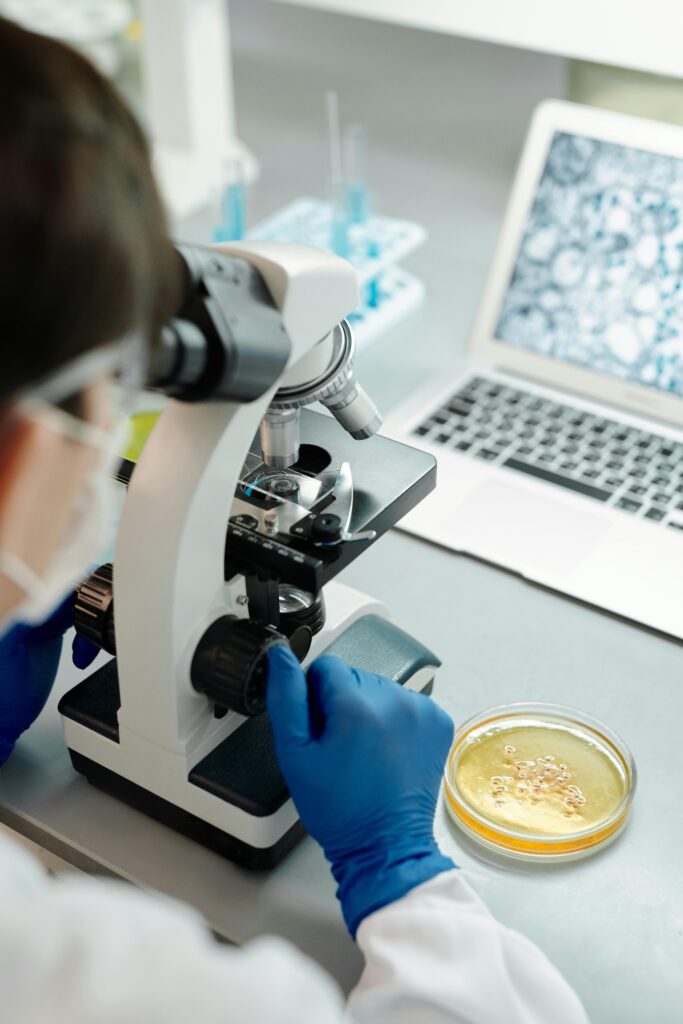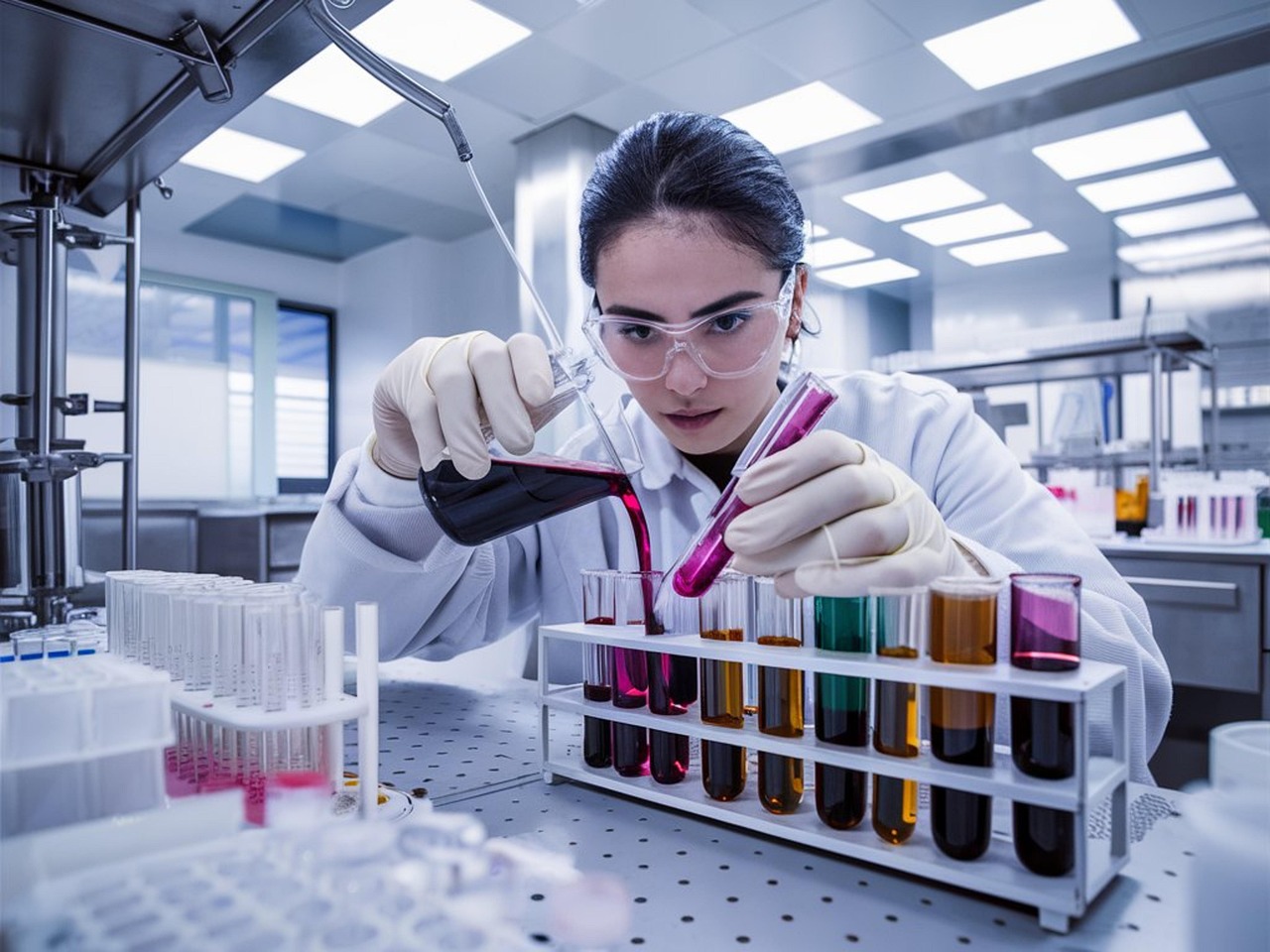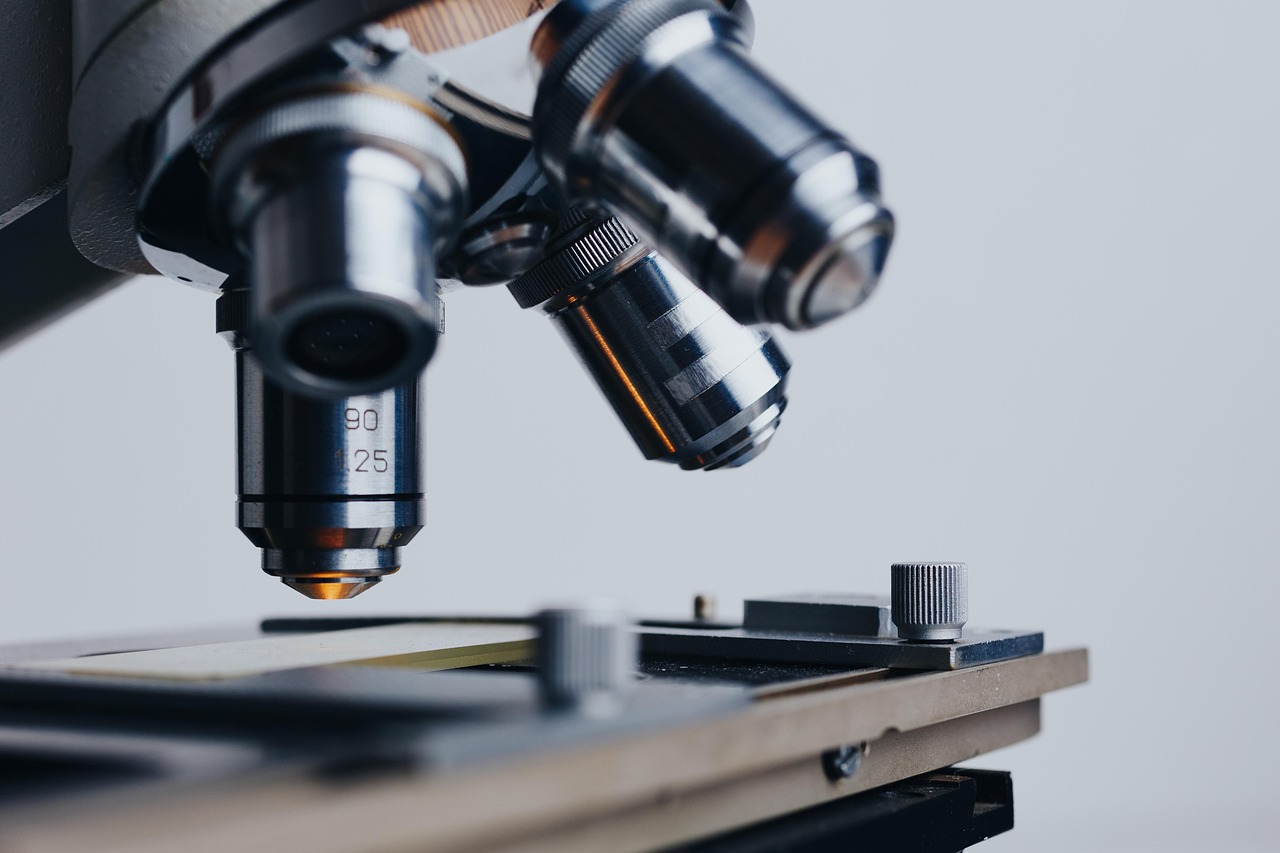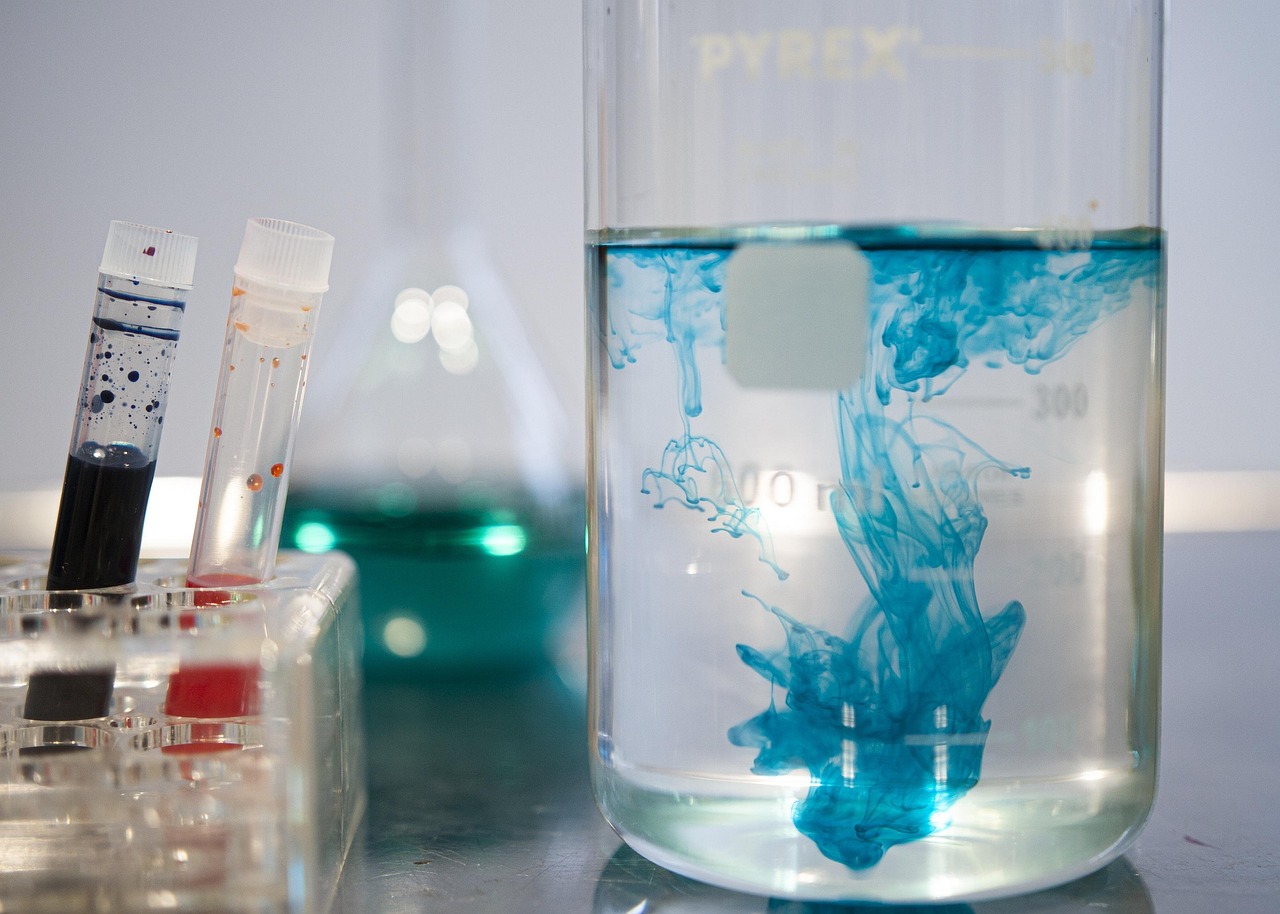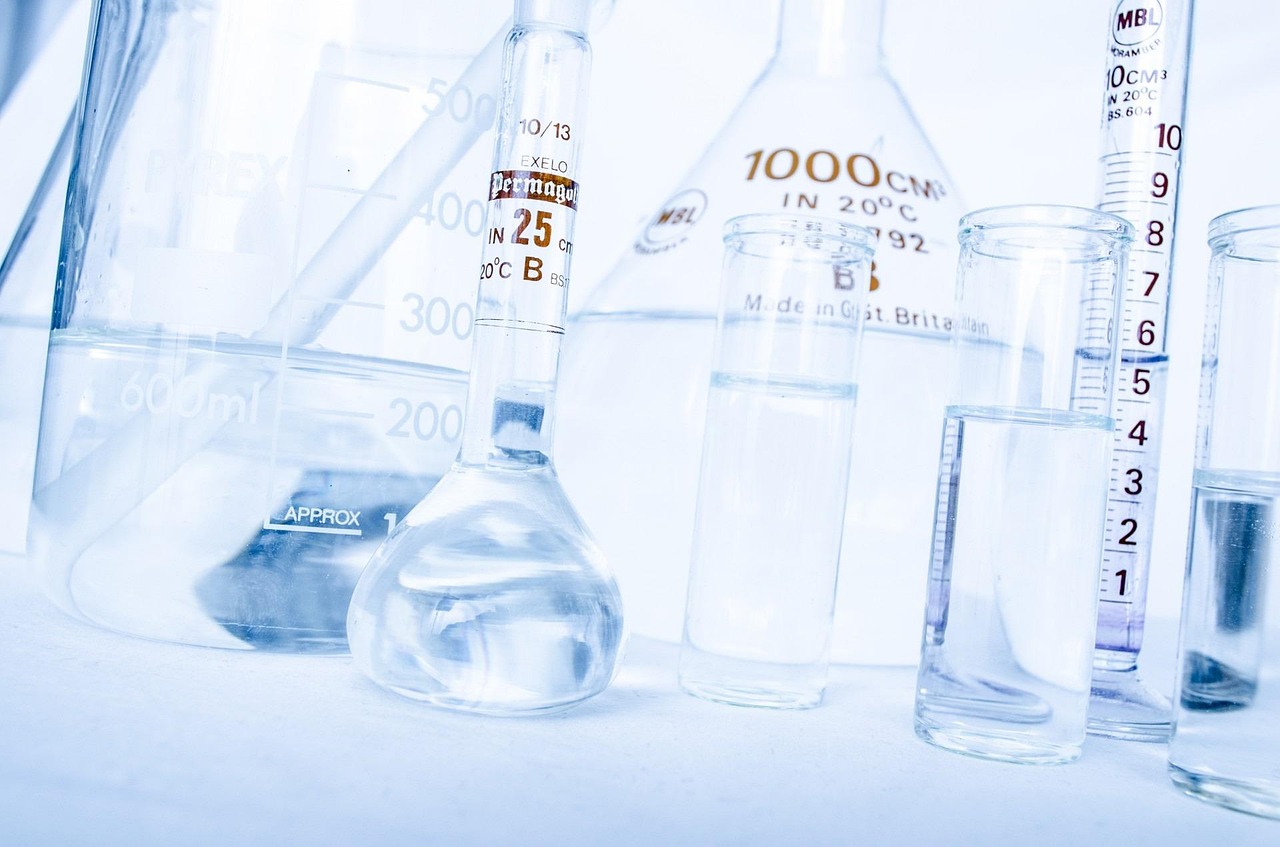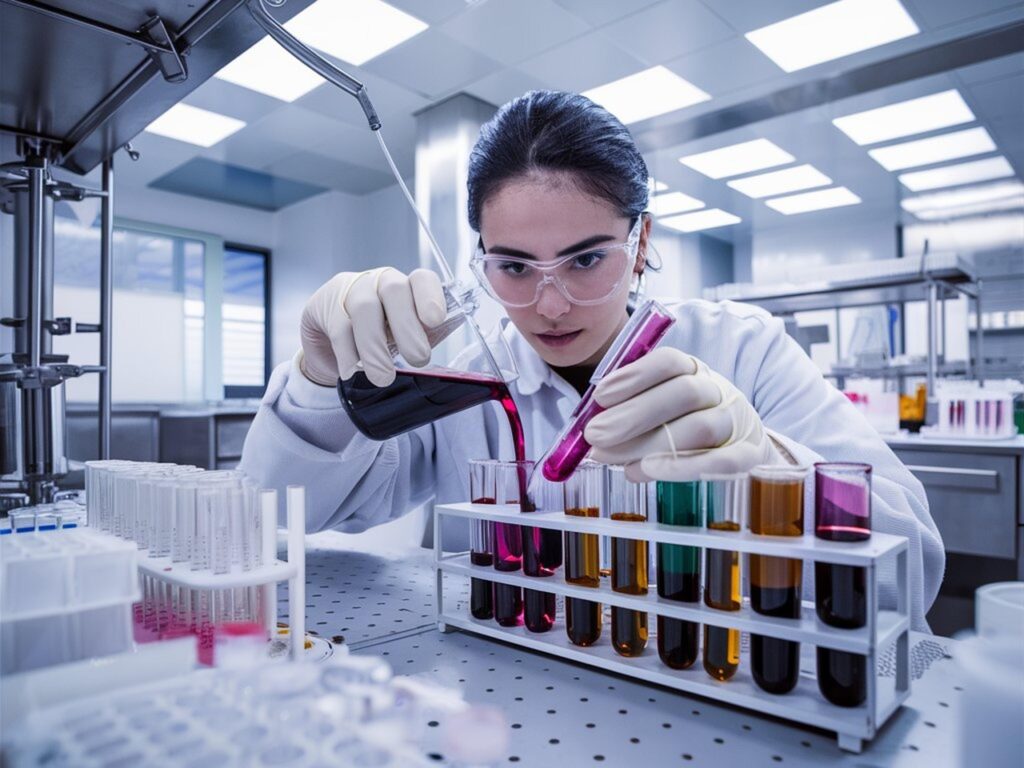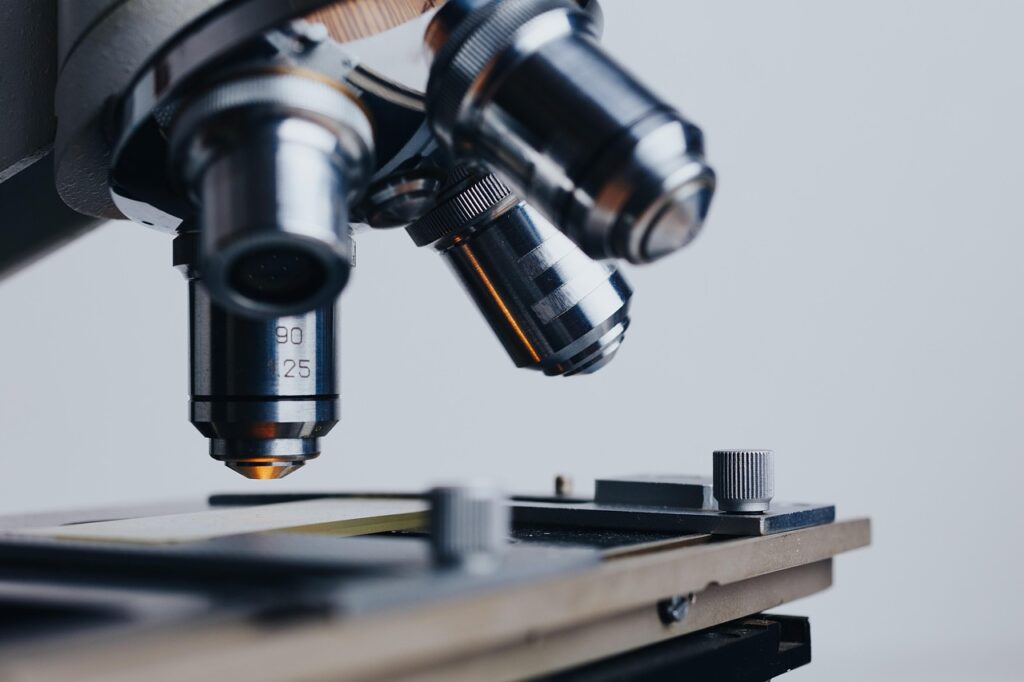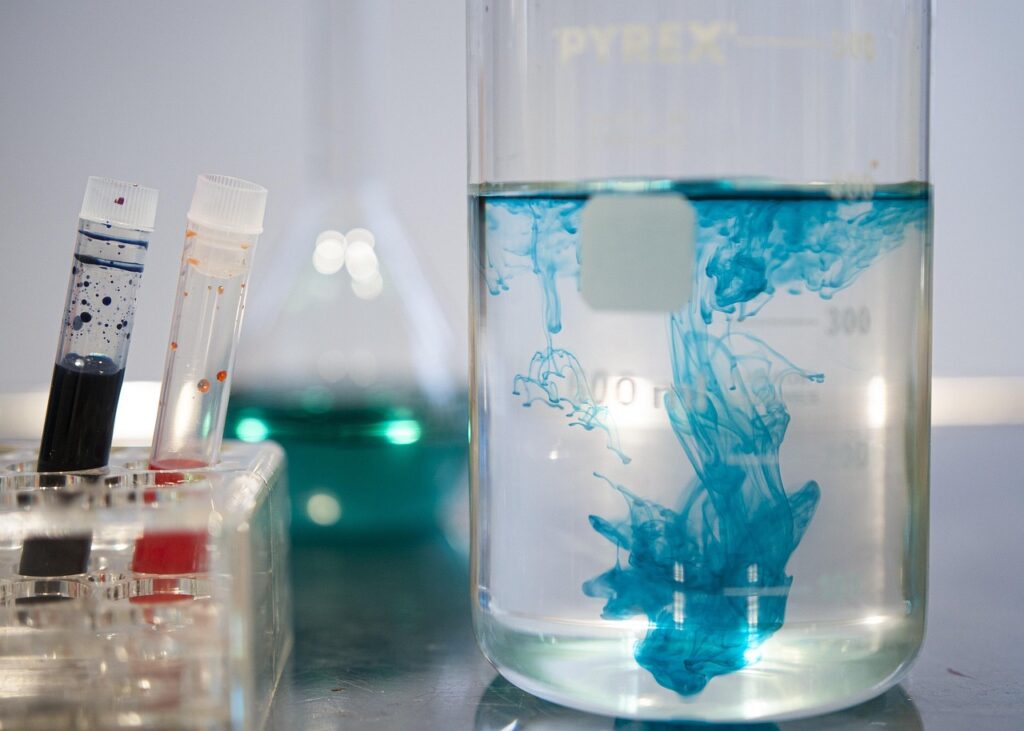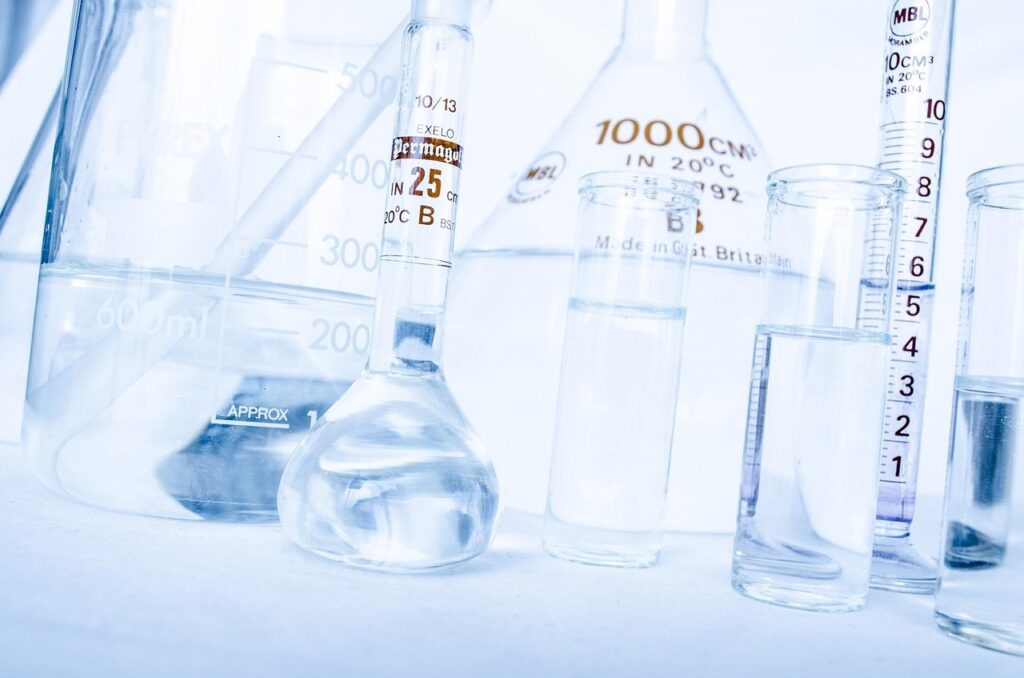In today’s complex food industry, it’s crucial to ensure the authenticity of our food. Globalization, complex supply chains, and an increase in counterfeit activities make stringent food authenticity testing more important than ever. This blog aims to explore the significance of food authenticity testing, highlighting its role in protecting public health, building consumer trust, and maintaining the integrity of the food supply chain.
Understanding Food Authenticity:
Food authenticity involves accurately representing a food product in terms of its composition, origin, and labeling. Counterfeit practices in the food industry include fraudulent activities like adulteration, mislabeling, or ingredient substitution, with the aim of deceiving consumers and maximizing profits. These deceptive practices seriously threaten public health, undermine consumer confidence, and damage the reputation of food producers and suppliers.
The Growing Challenge of Food Fraud:
As the global food supply chain becomes increasingly complex, the chances of food fraud also increase. Counterfeiters often resort to adulterating products, mislabeling, and substituting high-value ingredients with cheaper alternatives. Their main motivation is usually financial gain, as they aim to reduce costs and boost profits without considering the well-being of consumers.
Case Studies of Food Fraud Incidents:
To demonstrate how serious the issue is, it’s crucial to look at real-life instances of food fraud. A significant example is the 2013 horse meat scandal in Europe, when beef products were discovered to have undisclosed horse meat. This event not only revealed the weakness of the food supply chain but also emphasized the importance of strong testing methods to identify such adulterations.
Another example involves replacing olive oil with cheaper vegetable oils, which can affect the authenticity and quality of the product. These situations highlight the need for rigorous testing procedures to detect any adulteration that could undermine the nutritional value and safety of food products.
Food Authenticity Testing Techniques:
To address the increasing problem of food fraud, a variety of advanced testing techniques have been developed. These methods are designed to confirm the composition, origin, and accuracy of food product labeling. Some notable food authenticity testing techniques include:
DNA Barcoding:
Using DNA analysis to identify and authenticate the biological components of a food product, DNA barcoding is especially effective in detecting species substitution or mislabeling. This method is particularly useful in ensuring the accuracy and integrity of food products.
Isotope Analysis:
This method entails measuring the stable isotopes found in a food item, offering valuable information about its geographical source and how it was produced. Isotope analysis is particularly effective for detecting false claims about the origins of products.
Mass Spectrometry:
Mass spectrometry is a powerful tool for analyzing the molecular composition of food products. It can be used to detect adulterants, contaminants, or unauthorized additives, thus ensuring the overall safety and quality of the food.
Nuclear Magnetic Resonance (NMR):
NMR is utilized for analyzing the molecular structure of food components, offering comprehensive insights into their composition. This method is crucial for detecting slight variations or unauthorized additions to food products.
Spectroscopy:
Infrared and near-infrared spectroscopy are extensively utilized for the swift and non-invasive analysis of food products. These methods can detect particular chemical compounds, assisting in confirming the authenticity of the product.
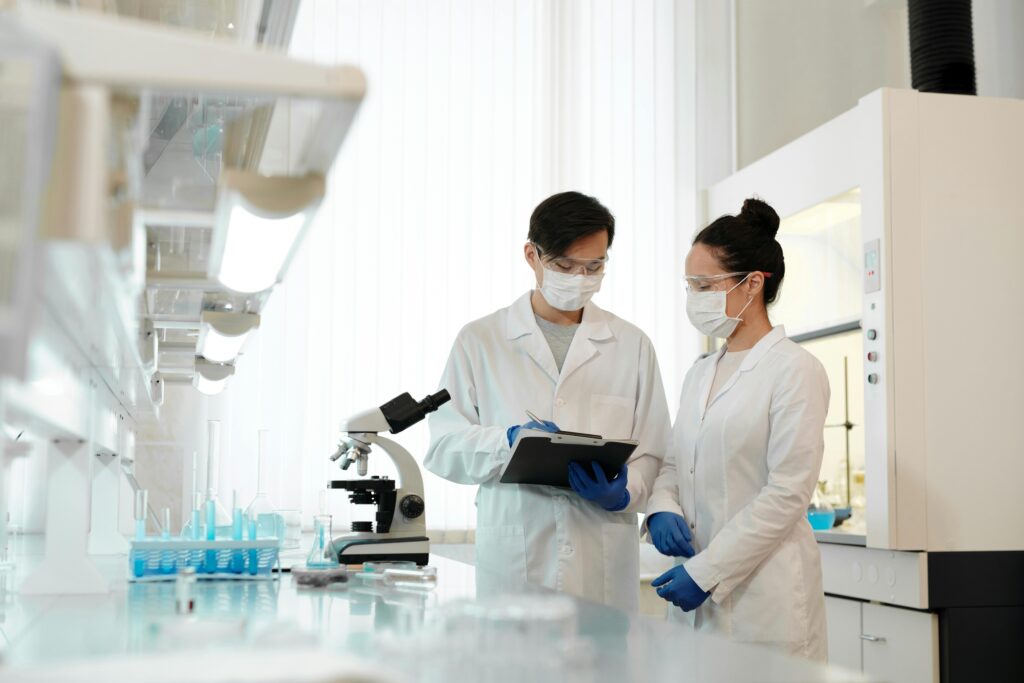
The Role of Regulation in Food Authenticity:
One noteworthy effort is the Food Safety Modernization Act (FSMA) in the United States, which prioritizes prevention over reaction when it comes to foodborne illnesses. FSMA strongly emphasizes preventive measures, such as addressing intentional adulteration and safeguarding against economically motivated fraud. Governments and regulatory bodies have a crucial role in safeguarding the integrity of the food supply chain. It is essential to implement and enforce strict regulations to deter fraudulent activities and safeguard consumers. Regular inspections, audits, and penalties for non-compliance serve as a deterrent, motivating food producers and suppliers to comply with quality and authenticity standards.
Global Collaboration for Food Authenticity:
Given the interconnected nature of the global food supply chain, international collaboration is crucial to effectively combat food fraud. Entities such as the Food and Agriculture Organization (FAO) and the World Health Organization (WHO) strive to establish global standards and guidelines for food authenticity testing. Collaboration between countries allows for the exchange of information, expertise, and best practices to enhance the collective ability to address this widespread issue.
Impact on Public Health:
The impact of food fraud goes beyond just financial losses and harm to reputation. When food products are adulterated or mislabeled, they can pose significant risks to public health. Consuming fraudulent foods can lead to allergic reactions, foodborne illnesses, and long-term health issues. Testing the authenticity of food is a vital defense, stopping harmful products from reaching consumers and reducing potential health risks.
Consumer Trust and Confidence:
Maintaining consumer trust is crucial for the success of any food-related business. When consumers are tricked by fake products, trust is lost, and brand reputation is damaged. Conducting thorough food authenticity testing not only guarantees compliance with regulations but also demonstrates a dedication to transparency and quality. Informed consumers are more inclined to make decisions based on trust in the authenticity and safety of the products they buy.
Economic Implications for the Food Industry:
Food fraud can cause significant economic consequences for the entire food industry. In addition to the immediate financial losses suffered by individual companies, the overall effect on the industry’s reputation and consumer confidence can be enduring. Moreover, there may be legal and regulatory repercussions such as fines, recalls, and other punitive actions. Investing in thorough food authenticity testing can be viewed as a strategic step to protect both public health and the economic viability of the industry.
The Future of Food Authenticity Testing:
As technology advances, the landscape of food authenticity testing is evolving. The integration of artificial intelligence and blockchain technology shows promise in enhancing traceability and transparency within the food supply chain. Blockchain, with its decentralized and tamper-resistant nature, can provide an unchangeable record of a food product’s journey from production to consumption. This not only helps in detecting and preventing fraud but also enables quick and targeted recalls in case of contamination or safety concerns.
Artificial intelligence, through machine learning algorithms, can analyze extensive datasets to identify patterns associated with fraudulent activities. These technologies have the potential to revolutionize the efficiency and accuracy of food authenticity testing, offering real-time monitoring and proactive measures to combat emerging threats.
Conclusion:
Food authenticity testing is crucial in the fight against the increasing problem of food fraud. As the global food supply chain becomes more intricate, the need for strong food testing methods has never been more urgent. Protecting public health, maintaining consumer trust, and upholding the integrity of the food industry depend on our ability to uncover fakes through advanced testing techniques and collaborative efforts.
Regulatory bodies, industry stakeholders, and consumers all have vital roles in promoting a culture of transparency and accountability. By adopting state-of-the-art technologies, fostering international collaboration, and implementing strict regulatory frameworks, we can work towards creating a food supply chain that prioritizes authenticity, safety, and the well-being of consumers worldwide.
In the constantly changing landscape of the food industry, the exposure of fakes through thorough authenticity testing serves as a symbol of assurance for a healthier, safer, and more dependable future.

